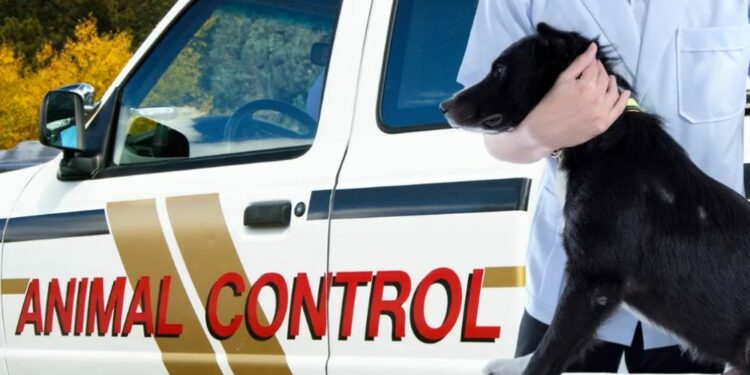When Should You Call Animal Control On Your Neighbor? Every day, Animal Control officers around the United States respond to reports of animal cruelty. The horrific stories of neglect and outright abuse are too many to count, and already overcrowded animal shelters continue to juggle resources to try to accommodate the thousands of pets seized by Animal Control.
Every year, we hear about terrible crimes against animals that are hard to believe. Surprisingly, the people responsible aren’t always who we might think. Some animal abusers may seem like they love animals because they own pets, but the caring community of animal lovers usually notices and exposes them.
Also read: How to get revenge on a neighbor legally 2024
In July 2023, some people in Lomita Village reached out to Animal Control San Diego because they were worried about their neighbor, the Vargas family. The Vargas family had been living in the neighborhood for over 20 years, but in the past few years, their neighbors noticed that they were gathering more animals and their house was becoming messy, raising concerns about neglect and animal abuse.
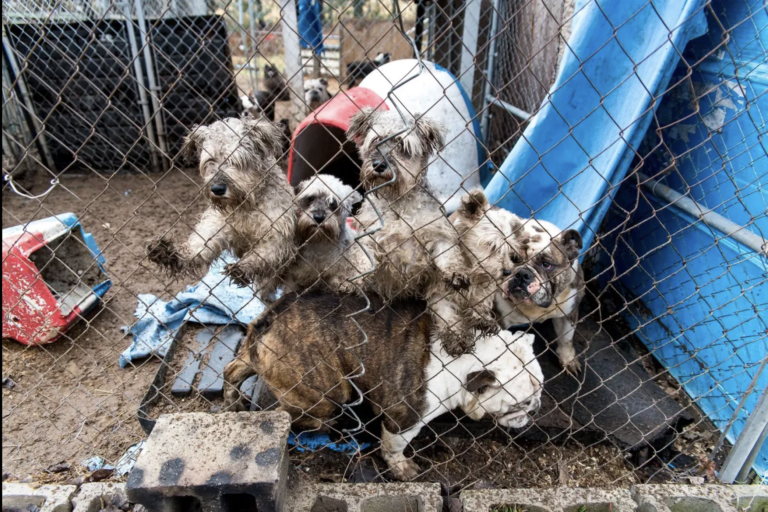
“The smells of 27 dogs are strong. They do not clean up after them. The dogs live in their own feces. We cannot have guests over because of the flies, the fleas and the smells. It’s just not okay. The dogs howling at 3 o’clock in the morning. We have to work and we’ve gotten 2-3 hours of sleep because the dogs bark and howl,” said a neighbor of the Vargas family in an interview with CBS8 San Diego. “I’m concerned about animals. People have a voice. The animals don’t have a voice,” said another neighbor.
San Diego Animal Control and the local humane society are still looking into the Vargas case, but the neglected dogs and cats have a better future ahead, thanks to their courageous neighbors. Understanding when and how to contact Animal Control about a neighbor can make a difference in saving pets’ lives in your community—here’s what you need to know.
What Does Animal Control Do?
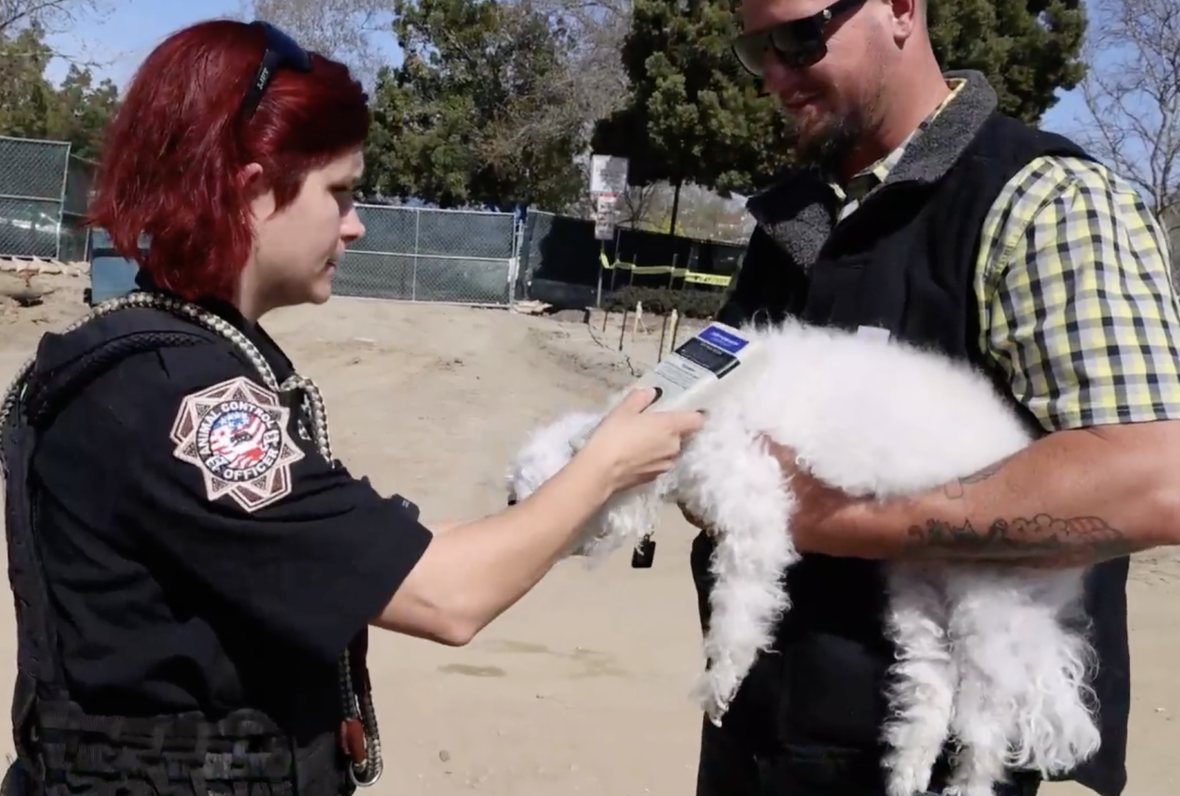
If you’ve never personally encountered or worked with local Animal Control, you might think that the majority of their work involves injured wildlife, animal bites, and removing/relocating pests and dangerous animals like snakes, alligators, etc. Yes, Animal Control does collaborate with wildlife rehabilitators and will indeed address calls regarding dangerous animals, but there’s more to the story.
Animal Control officers often choose their job because they deeply care about stopping and preventing harm to animals. When someone reports cruelty to animals, these officers are the first responders. They quickly visit the location, check on the animals’ well-being, and may talk to the owners to ensure the animals are being treated properly.
If Animal Control discovers that there is a case of animal cruelty in progress they will collect evidence and obtain a warrant before returning to the property for a formal search and seizure.
In certain places, there are animal control officers in cities and counties. They step in to help, rescue, and move animals to nearby wildlife rehabilitation centers and animal shelters. In other areas, services known as Animal Care and Control do both intervention and rescue work. They also operate animal rescues, where they take in and care for the animals they rescue.
Getting a pet from your local Animal Care and Control is usually cheaper than getting one from a private rescue. Sometimes, they even have events where you can adopt dogs and cats for free!
What Situations Are Considered Animal Abuse or Neglect?
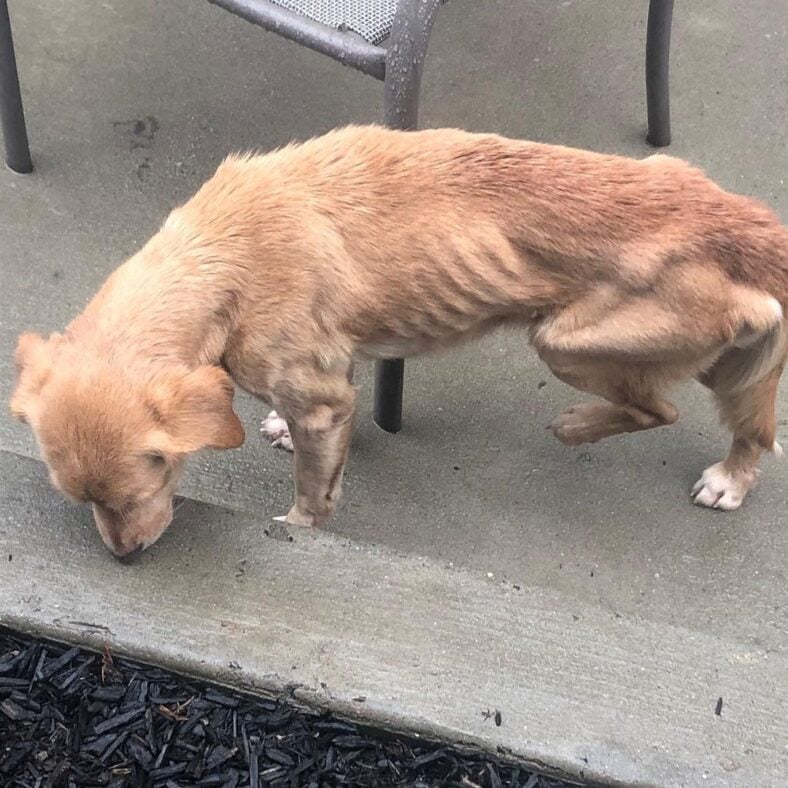
It’s important to be sure there’s an issue when you’re trying to figure out when to call Animal Control on a neighbor. A dog barking for longer than usual once or twice isn’t necessarily a reason to get the local authorities involved. If the reason you are planning to call Animal Control is due to a noise issue, it’s better to start by checking in with your other neighbors to see what they know. It may just be a case of a lonely dog waiting for their humans to come home.
However, if you are certain that what you are seeing/hearing is animal neglect or abuse, there are a few things you do can to prepare before you call Animal Control. Of course, if the abuse is urgent and life-threatening, call 911 immediately.
Let’s go over some of the situations and circumstances that are considered animal abuse or neglect.
Animal Neglect
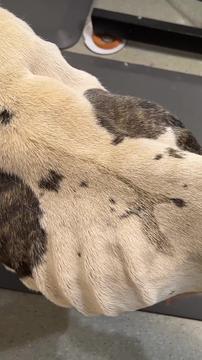
When animals such as dogs and cats are ignored, it means their owners aren’t providing them with the essential things like food, water, a safe place to live, a clean environment, and medical attention. Neglect can happen when owners lack knowledge or face financial difficulties. In these cases, we can assist by providing resources to help them learn how to properly care for their pets and offering financial help for things like visits to the vet.
However, some cases of neglect are purposeful and more akin to abuse. Some types of animal neglect that you should report include:
- Hoarding cases typically involve large numbers of dogs and/or cats living under one roof without proper care. These animals might poop and pee wherever they can, don’t always have enough food and water, and hardly ever get to see a vet. Many times, these animals aren’t spayed or neutered, so they end up having more babies.
- Medical neglect like open untreated wounds, chronic cases of fleas, hair loss, limping, and other physical signs of pain or untreated illness should always be reported to Animal Control. (Ambiguous cases of medical neglect—like not giving dogs rabies vaccinations, heartworm medication, etc.—are not as clearly covered by federal or local laws and are rarely reasons to constitute Animal Control intervention.)
- Malnutrition and dehydration can occur quickly without access to food and water particularly in extreme temperatures. If your neighbor’s pets seem very skinny, look tired, have foam around their mouth, or show signs of not getting enough food and water, it’s important to make a call.
- Tethered or chained dogs should be reported to local authorities if they are left outside alone for long periods, left outside overnight, left outside during extreme temperatures or weather, etc.
- Abandoned pets may also be tethered, dumped outdoors, or even left locked inside abandoned houses.
- Pets left in cars are not always being abandoned, If the temperature is lower than 33℉ or higher than 70℉, it’s important to take action and dial 911.


